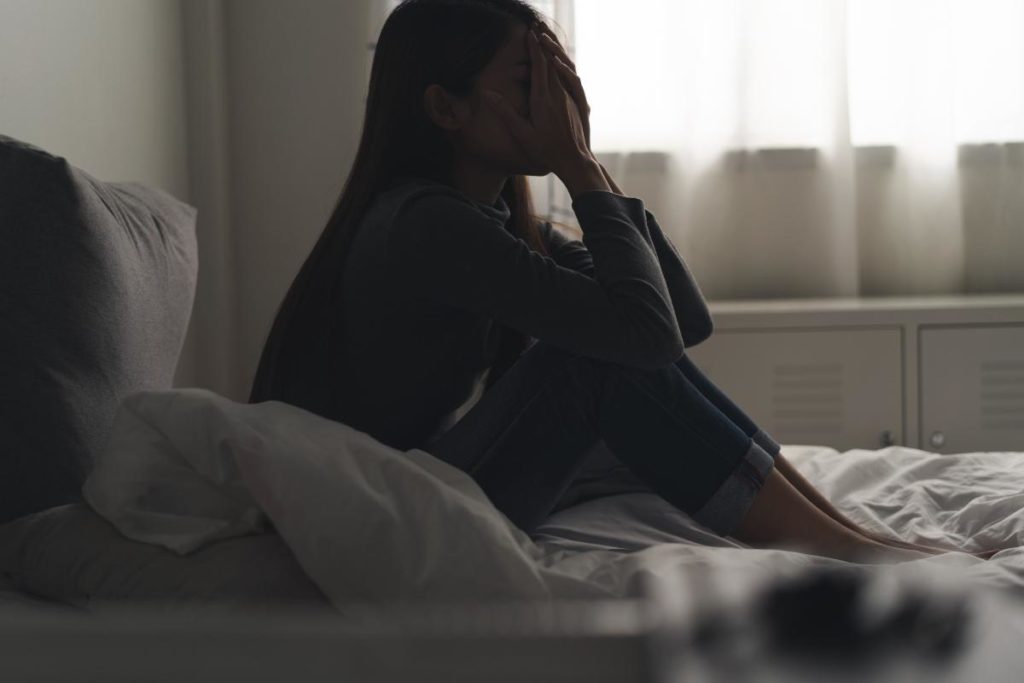Relapse is the biggest fear of those in recovery and their loved ones. For many, worrying about relapse can lead to relapse. Relapse prevention therapy is the best way to combat relapse triggers and enjoy sober living. With the right support systems, sober living allows those in recovery to enjoy each day to its fullest rather than constantly worrying about relapse triggers.
If you or someone you love needs relapse prevention therapy, call Ashwood Recovery now. Our range of outpatient recovery programs can help you and your loved ones avoid relapse triggers to live the sober lives you deserve. Call us now at 888.341.3607 to learn how our individualized detox plans and relapse prevention therapy can help you thrive.
What Is Relapse Prevention Therapy for Addiction?
As the name implies, relapse prevention therapy is a therapeutic approach to understanding and avoiding relapse triggers. As a part of behavioral therapy, relapse prevention helps patients recognize relapse triggers and change their behavior over time. Behavioral therapy helps patients manage emotions, withstand emotional pain, change negative thought patterns, and avoid relapse through positive coping mechanisms. Relapse prevention therapy helps patients build emotional resilience, increase stress tolerance, and break addiction cycles.
Relapse prevention therapy helps patients see how their lives need to change for long, healthy sobriety. Therapists and social workers can provide support, referrals, and assistance for those who need to make significant life changes during therapy. Relapse prevention can also help diagnose and treat co-occurring disorders. By assisting patients to understand and care for their mental health, relapse prevention gives them the tools and education they need for self-empowerment, independence, and success.
How Can Relapse Prevention Therapy Benefit My Recovery?
All behavioral therapies can help patients make positive life changes. During treatment, patients develop new skills and find the support they need to thrive. Benefits of relapse prevention therapy include:
- Improving self-care
- Learning to create and maintain schedules
- Stress management techniques
- Higher stress tolerance
- Improved communication
- Stronger boundaries
- Setting and meeting goals
- Understanding emotional triggers
- Life skills training
- Job training
- Increased emotional resilience
- Meditation and mindfulness techniques
Relapse is most often triggered by stress. Stress is a natural part of daily life. Unfortunately, in today’s busy world, we often experience so much stress it puts the body in a constant state of fight, flight, or freeze mode. Also called dysregulation, this state makes many turn to drugs or alcohol to self-soothe. For those in recovery, relapse prevention can find new, healthy ways to manage stress, calm the nervous system, and create a less-stressful life. The tools from relapse prevention therapy will help people for days, weeks, and years into their future.
Begin Relapse Prevention Therapy for Sober Living in Idaho Today
Relapse prevention is a holistic and evidence-based approach to staying sober. If you and your loved ones are ready to learn more about the benefits of relapse prevention therapy, call Ashwood Recovery today. Our outpatient programs help people across Idaho stay sober. Our programs include:
- Dual diagnosis
- Medical intervention
- Relapse prevention
- One-on-one counseling
- Intensive outpatient treatment
- Partial hospitalization treatment
- Traditional outpatient programs
- Family therapy
- Art therapy
- Group therapy
- Cognitive-behavioral therapy
With flexible programs and a range of therapies, patients at Ashwood Recovery get the support they need for mental health and addiction recovery. Whether you’re transitioning from residential treatment or ready to begin a detox, our individualized programs can help you every step of the way.
Learn More About Relapse Prevention Therapy at Ashwood Recovery
Don’t take relapse prevention into your own hands. Meet with one of our therapists today. Call us at 888.341.3607 to learn more about our relapse prevention therapy programs and get started now.

